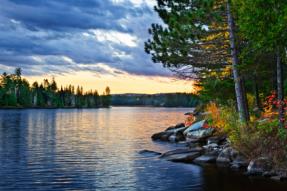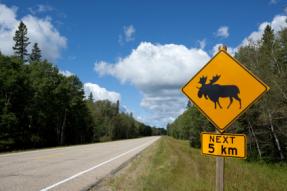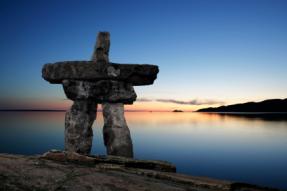Below is a summary of the research project that ACSN will sponsor for Ilse van Dijk (RU Groningen):
"With the support of the ACSN Student Research Award, I will be visiting Victoria BC, for three months, starting the end of August, to conduct fieldwork research for my PhD in cultural geography. My research project is entitled ‘Narratives of Culture and Climate Change: Indigenous perspectives from Vancouver Island.’ My research is about the relationship between culture and climate change, with emphasis on how culture could be affected by climate change effects. I maintain an open definition of culture that includes tangible and intangible heritage, cultural practices or customs, festivities, and identity. I aim to identify the intersections of these cultural elements and climate change effects, by focusing on how cultural elements are connected to, and shaped by contextual factors of place, such as landscape, weather, flora and fauna.
I am particularly interested in working with Indigenous peoples, because their perspectives are so often ignored, but also because their cultures are deeply intertwined with place. Ultimately, I would like to work with the communities on what they want to do about the cultural consequences of climate change.
It is time to start thinking about how spatial transformations affect ways of life and what that means to communities. There is a lot we can learn from the way people speak about place. I think it is important to move past the technocratic approach of climate change, to discuss what climate change means for actual people in actual communities. Furthermore, it is important to hear from people and places who are not often heard in both academic and societal discussions.
I maintain a participatory research approach, meaning that the community can influence the research design, and be involved in the research outputs if they want. I intend to use several methods: in-depth interviews, walking interviews (in which we explore the places we are talking about), and participatory deep mapping. The deep mapping will consist of creative workshops in which a layered representation of culture is created, by combining objects, images and text with cultural meaning, brought by the participants. Both the activity and the resulting deep map will support the discussion of culture and climate change, by making it less abstract. My upcoming fieldwork is the first of two visits. In this first visit, I will be spending most of my time developing community relationships. I will familiarize myself with the area and do exploratory data collection to set up for the second visit in which I will be able to do more in-depth data collection."


